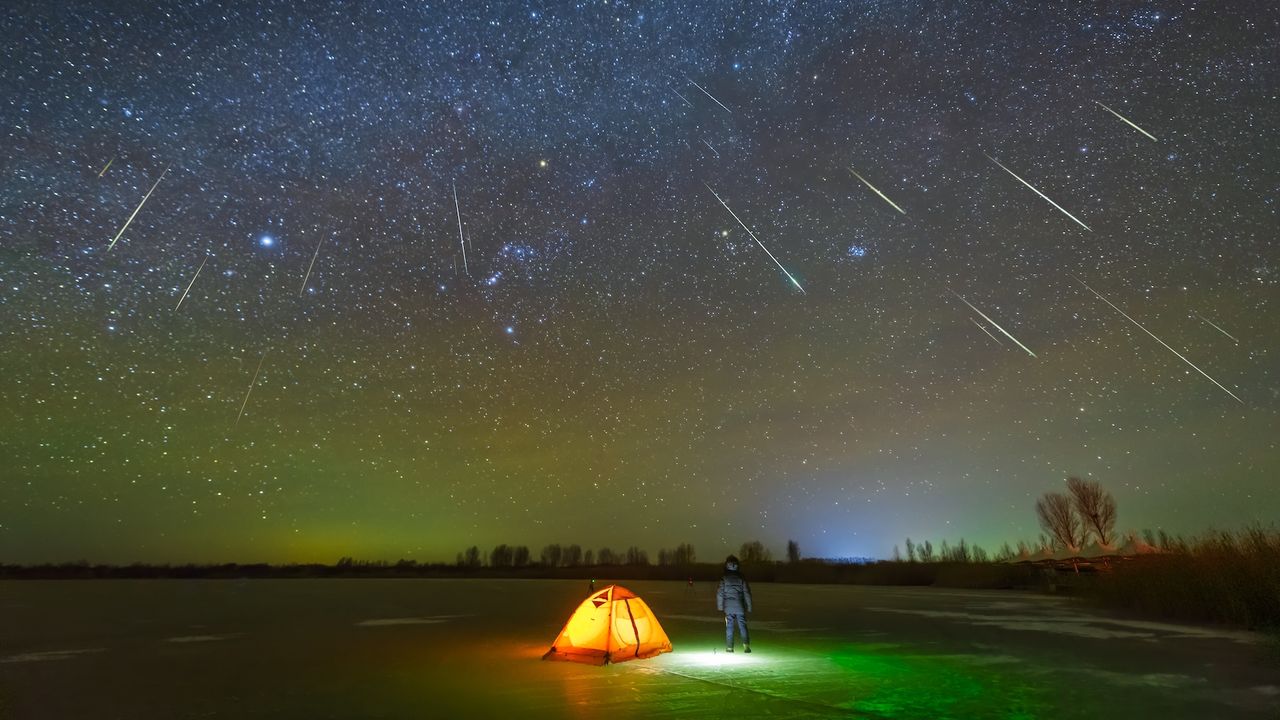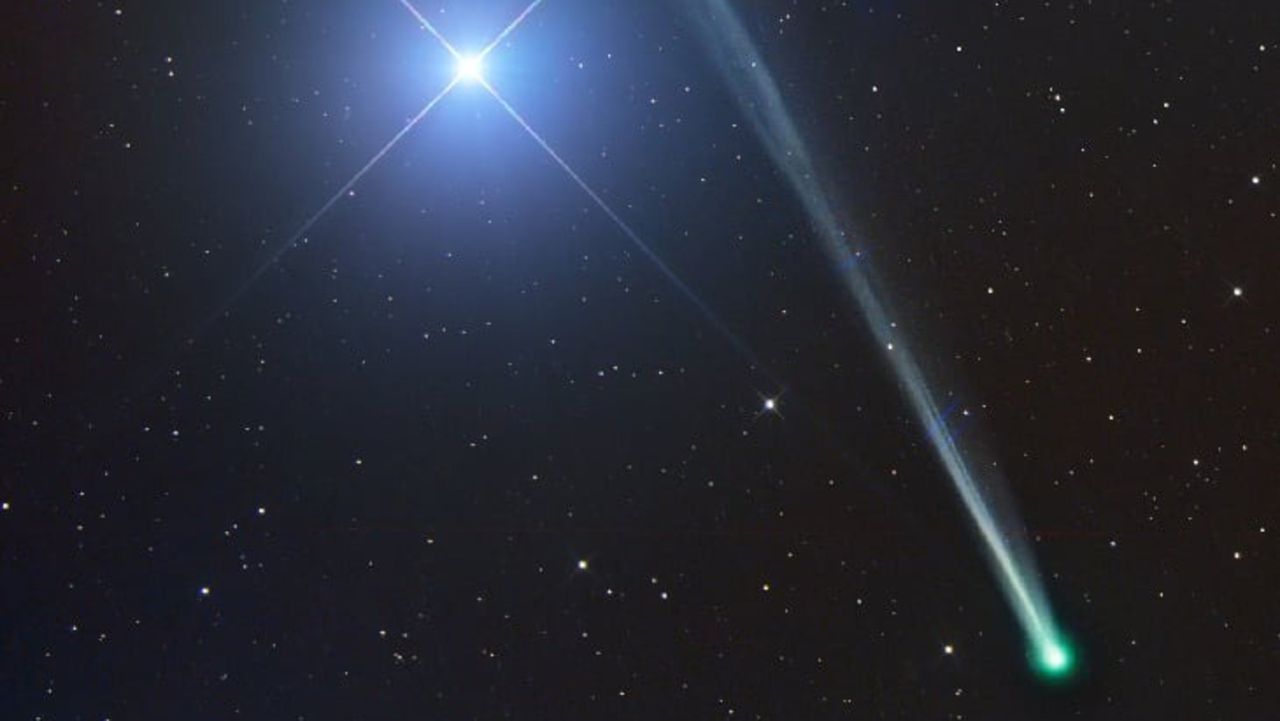How the Government Shutdown Is Impacting Science and Research
NegativeScience
The ongoing government shutdown is having a significant negative impact on science and research, with hundreds of employees at the U.S. Centers for Disease Control and Prevention receiving layoff notices and many federal laboratories halting their work. This situation is concerning as it not only affects the livelihoods of those employed but also disrupts critical research efforts that can have far-reaching implications for public health and safety.
— Curated by the World Pulse Now AI Editorial System






